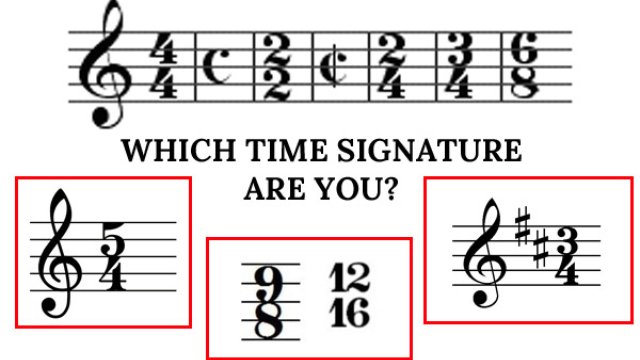
Swing must have ended for him when Raymond Gram died. Substituting bombast for swing is a Brubeckian credo, it seems. Then, to quote Race, “Dave follows, with a characteristically neat transition to the heavy block chords which are a familiar facet of his style.” I might add, not only familiar but particularly unrewarding.

The blues that follows (Desmond’s solo is about as jazzy as it gets) bears little reaction to Brubeck’s Turkish blight. Blue Rondo’s theme is equally far from jazz. After hearing that ersatz, corny Chopinesque he used for Polish representation in Jazz Impressions of Eurasia, Im surprised he didn’t play In A Persian Market here. Brubeck, on the other hand, has been palmed off as a serious jazzman for too long. There is “pop jazz” with no pretentions like that purveyed by George Shearing and everyone accepts it for what it is. As a parallel, Brubeck is a “semi-jazz” player. In classical music, there is a kind of pretentious pap, sometimes called “semi-classical,” which serves as the real thing for some people. I appreciate the tender moments of jazz and fully realize that you can’t swing hard all the time, but when the underlying tenor is more like drawing room music, I leave the drawing room and go into the bar. It doesn’t have to be a cat playing whorehouse piano with a drummer laying heavy on the two and four. The substance of the compositions being played should engender a jazz feeling. Jazz experiments of any kind are fine, but there has to be something in addition to the experiment. If you take Steve Race’s notes at face value, you are led to believe that this record, because of it’s exploration into time signatures foreign to jazz, is a jazz milestone.

Personnel: Brubeck, piano Paul Desmond, alto saxophone Gene Wright, bass Joe Morello, drums. TIME OUT-Columbia CL 1397: Blue Rondo A La Turk Strange Meadow Lark Take Five Three to Get Ready Kathy’s Waltz Everybody’s Jumpin’ Pick Up Sticks.


 0 kommentar(er)
0 kommentar(er)
